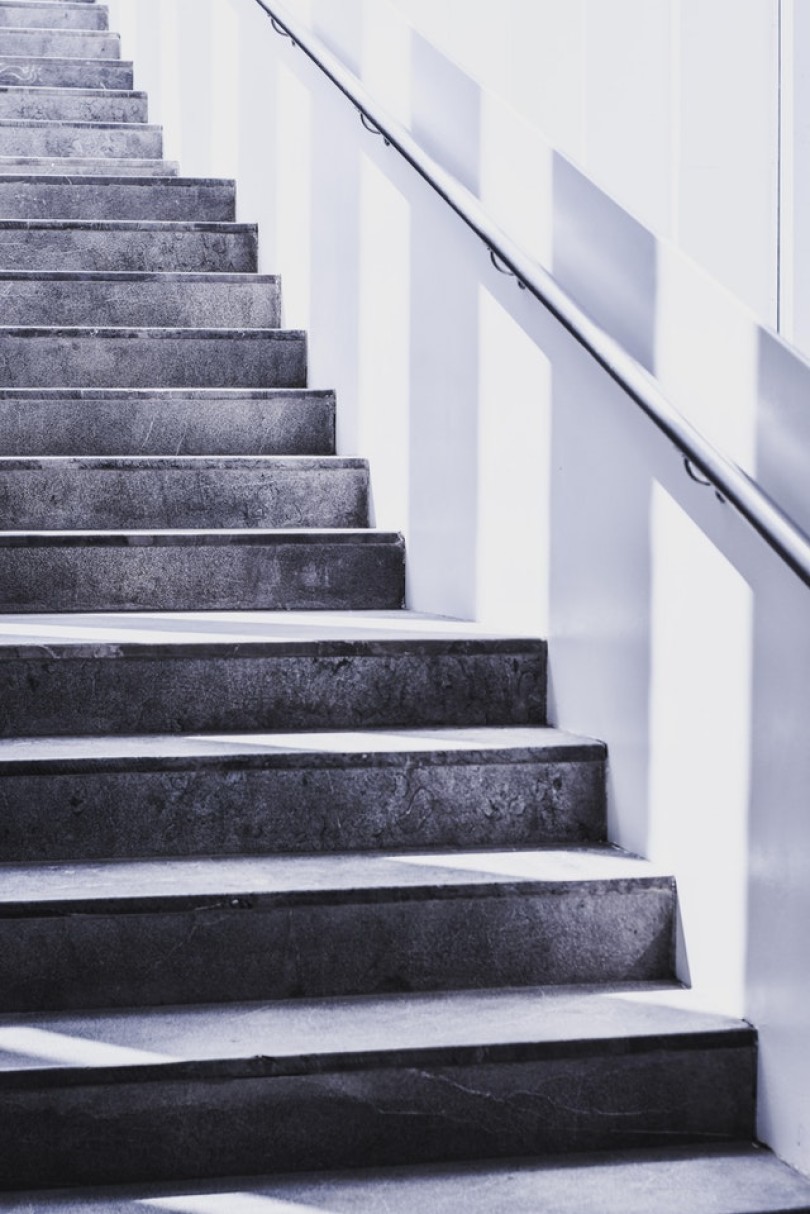Why Is the Gulf Attracting Climate Tech Businesses?
28 Jun 24
Enviro ChatThe Global News Source for the World of Science and Chemicals
06 May 2019
Lab Chat
The Science Behind the ‘Take the Stairs Challenge’
Not only does the UAE boast the world’s tallest building in Dubai’s Burj Khalifa, but it is also now officially ranked 4th globally in terms of skyscrapers. All this means that the country’s inhabitants must ascend and descend dozens of floors every single day as part of their normal routine, making elevators an integral part of Emirati life.
However, the consequences of shunning the stairs is having a deleterious effect on national health. In a bid to combat this unhealthy trend, one Abu Dhabi hospital has launched its ‘Take the Stairs Challenge’ in April. Bareen International Hospital in the UAE capital has challenged everyone - whether they are six years old or 60 years old - to forego the lift for 30 days straight and incorporate climbing the stairs into their daily lifestyle.
Studies show that the increasingly sedentary lifestyle of today’s modern world is having a debilitating effect on global health. Worldwide, 10% of people are currently obese, while when the search parameters are expanded to include overweight individuals, that figure rises to a startling 2.1 billion people, which is close to 30% of the population.
Unfortunately, the statistics are even more concerning in the UAE. 37% of the adult population in the country suffers from obesity, while 14% of boys and 18% of girls are also classified as obese. In terms of overweight and obese individuals, the percentage skyrockets to 66% for men and 60% of women.
What this all means is that Emirati citizens are more likely to suffer from poor health and contract serious conditions such as diabetes. In fact, a recent study from the International Diabetes Federation found that 803,900 people in the UAE suffer from diabetes, which is equivalent to almost a fifth of the population. Even more concerningly, that figure is projected to rise to as many as 1.8 million within a few short years.
As a result, Bareen hospital is encouraging Emiratis from all walks of life to bypass the elevator for 30 days straight and witness the impact it has on their health. “With so many high-rise buildings in the UAE, it is often easier to take the lifts. But where possible, we are encouraging people to take the stairs,” explains Dr El Zaqui Ladha, who works at the hospital. “Even a small amount of exercise that helps raise the heart rate will make a difference to your fitness levels.”
Scaling stairs forces us to use more energy than we do otherwise, since the weight of our bodies is pitted against the forces of gravity. Not only does it work all the core muscles in our lower body, but it also increases bone density, which can protect against conditions such as osteoporosis. Meanwhile, taking the stairs two at a time and using the handrail to pull yourself up can give the upper body a workout, as well.
As well as benefiting the body, taking the stairs can also boost your mental and cognitive health, as well. Exercise has been proven to aid memory, while it can also improve concentration and cognitive flexibility. Indeed, ascending a staircase has been found to increase the incidence of grey matter in the brain, which can help to keep it younger for longer. What are you waiting for? Take the Take the Stairs Challenge, starting today!
DOWNLOAD PDF

2 Day Seminar Program
@ ArabLab+ 2024
24 & 25 September 2024
Your stay in Dubai
Labkit
Product News
Chemkit
Product News
Thinking about exhibiting at ARABLAB 2024? Watch our video to find out more.
Join the world’s leading organisations…
Join our mailing list and receive the ARABLAB newsletter and event updates.